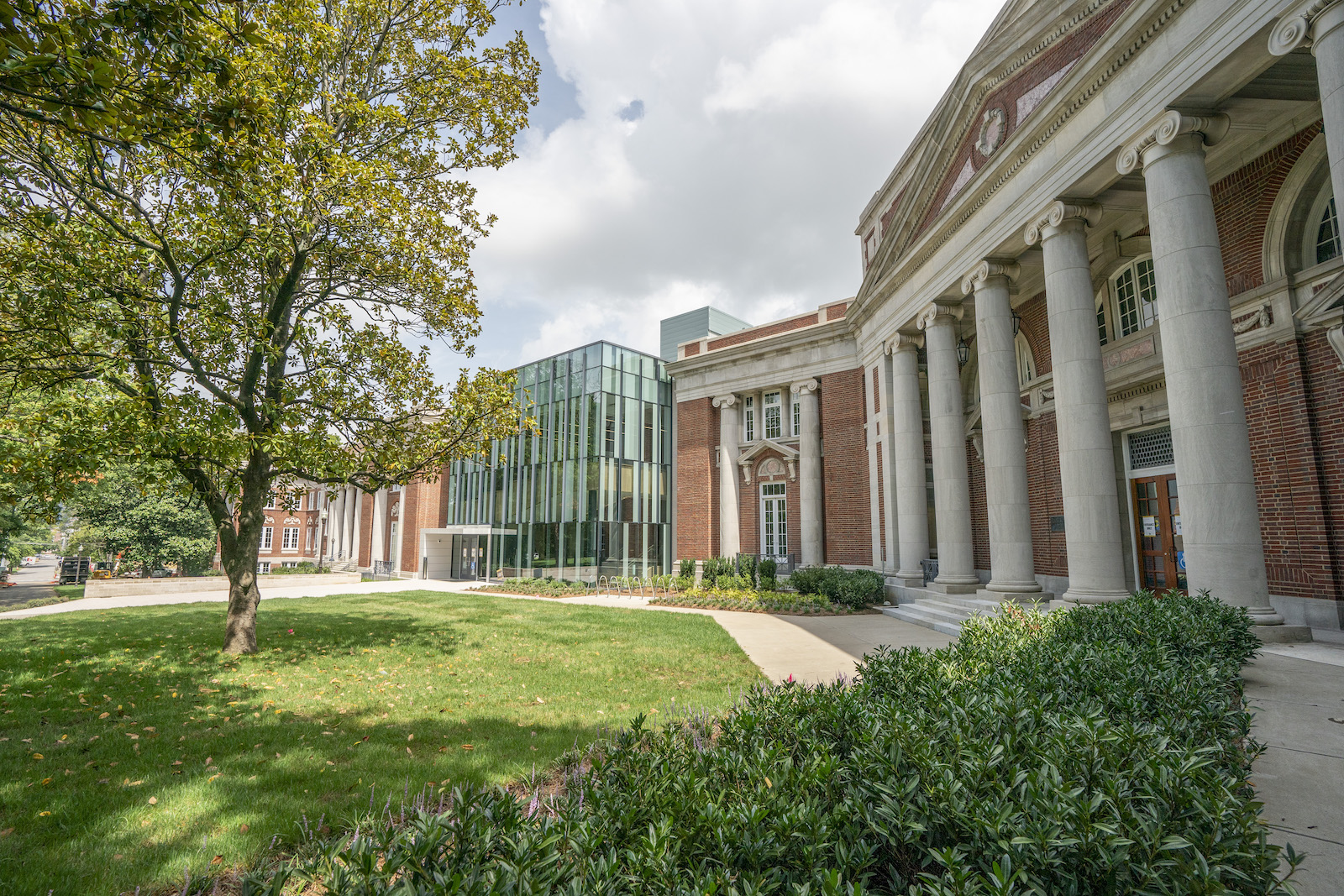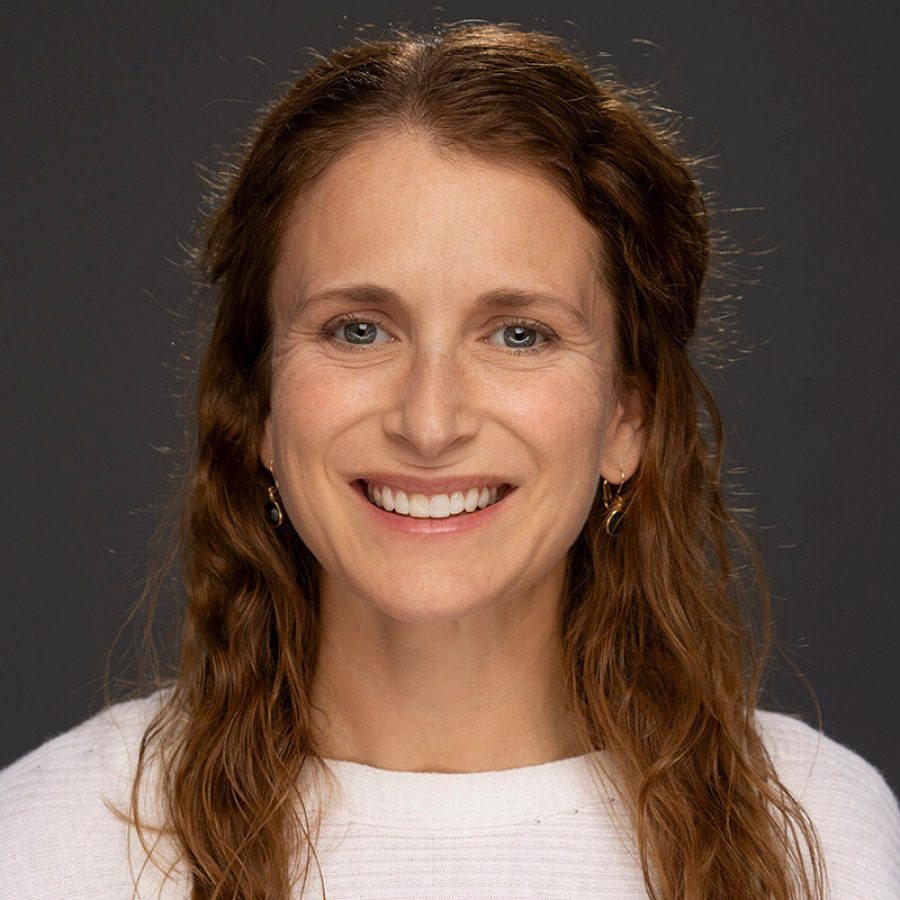Quick Links
Master’s in Human Development Studies Overview
Human Development Studies (HDS) is designed for individuals aspiring to foster positive transformative change in organizations. The HDS curriculum uniquely integrates theory and practice within human and organizational development to create visionary changemakers who can design interventions that promote human flourishing. Courses offered in the Human Development Studies program are interdisciplinary, designed to foster close working relationships with faculty and a personalized approach, resulting in productive classroom experiences.
HDS students are change agents who endeavor to work in partnership with individuals, groups, and organizations; they work ‘with’ instead of ‘for’ while developing innovative interventions. Students will develop professional skills that help them understand, assess, and promote human development, and plan for sustainable change in organizations.
Career Outcomes of the M.Ed. in Human Development Studies
HDS graduates are prepared to work as professionals in schools, agencies, businesses, and organizations providing human development education services to help individuals across the lifespan navigate challenges. Possible employment positions after graduation include: Organizational Development Specialist, Program Manager for non-profit organizations, talent management, and organizational design specialist or consultant.
Human Development Master's Program Facts
Program Director: Ashmeet Oberoi
Admissions Coordinator: Tonya Brown
Admission Term: Summer/ Fall
Credit Hours: 30
The HDS program requires students to take a 30 credit hour curriculum that focuses on human development theory, strategic engagement and management, and organizational performance and evaluation. Intended for flexibility, the HDS program can be completed in two, three, or four semesters.
Application Dates
-
Application Deadline 1
January 3
-
Application Deadline 2
February 3
-
Rolling Admissions
After February 3*
*Applications received after the Feb 3 second deadline are reviewed on a rolling basis and accepted as space and funds allow.
Request Information about the Human Development Studies M.Ed.
We encourage students interested in topics around organizational development and change to apply to the Human Development Studies program for the 2025-26 academic year.


